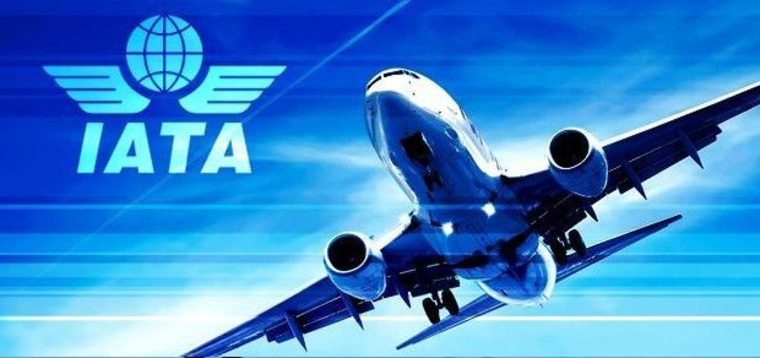IATA Recommended New Aviation Security Plan 2017
Posted on 17 Nov 2017
The International Air Transport Association (IATA) has recommended new security plan 2017 implemented by states of the first Global Aviation Security Plan (GASeP) and was established this week by ICAO (Indian Civil Aviation Organization)
GASeP created a framework to define the responsibilities in Annex 17 in their national civil aviation security programmes that focus on four major areas -
1) Risk awareness and response
2) Security culture
3)Technology enhancement and innovation.
4)Security oversight and co-operation among states and with local organisations.
In a statement as per, IATA director general and CEO Alexandre de Juniac said “flying is secure, but it is also clear that aviation faces security challenges"
“ Governments have the primary responsibility for the security of their citizens – including when they are flying. But differences in the capacity of governments to do this are clear,”
“The implementation of Annex 17 standards and recommended practices are far from universal. Focused efforts will be needed to foster co-operation and capacity-building to enable states to meet their obligations.”
“We have great expectations for GASeP. But states are sovereign and there is no global security regulator”“So governments must fully feel the weight of their responsibility to protect the security of four billion travellers each year."
“To stay a step ahead of the threats, governments must incorporate GASeP into their national plans and co-operate through ICAO to make sure that the global system works.”
